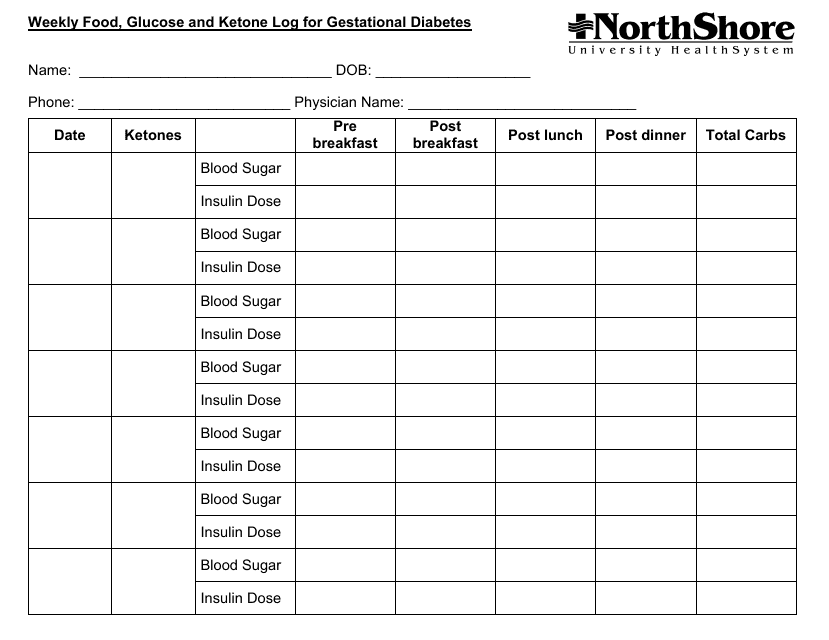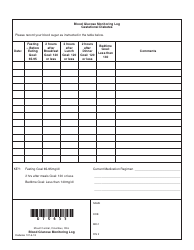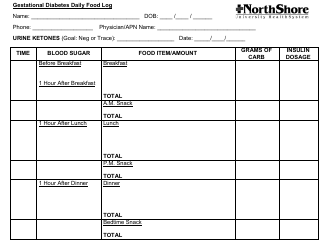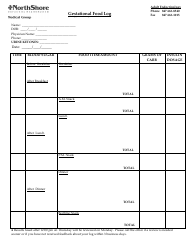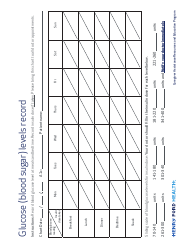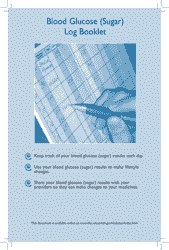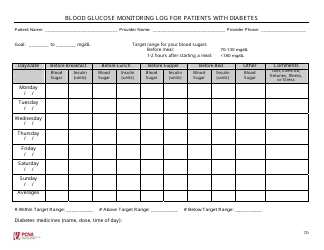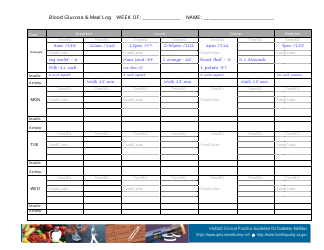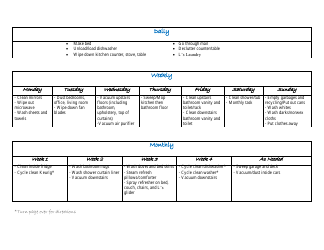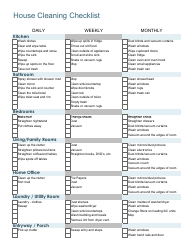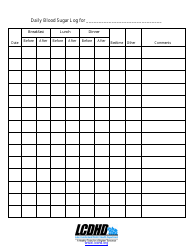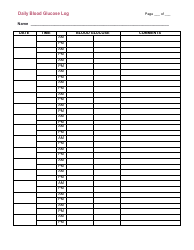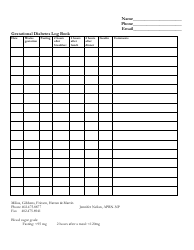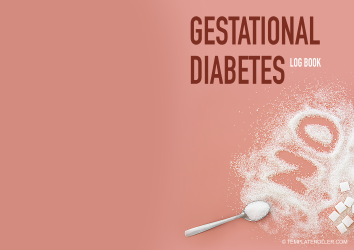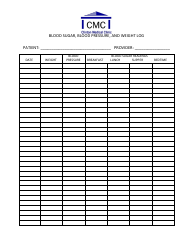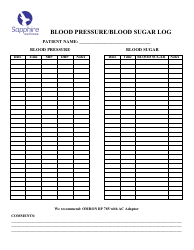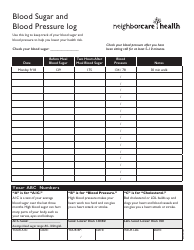Weekly Food, Glucose and Ketone Log for Gestational Diabetes
The Weekly Food, Glucose, and Ketone Log for Gestational Diabetes is used to track the food you eat, blood glucose levels, and ketone levels if necessary. It helps manage and monitor gestational diabetes and ensures adequate nutrition and blood sugar control during pregnancy.
The woman with gestational diabetes typically files the weekly food, glucose, and ketone log.
FAQ
Q: What is gestational diabetes?
A: Gestational diabetes is a type of diabetes that occurs during pregnancy and affects how the body processes glucose.
Q: Why is it important to keep a food log?
A: Keeping a food log helps you track your food intake and understand how it affects your blood glucose and ketone levels.
Q: What should I include in my food log?
A: Include details about the types of food you eat, portion sizes, and the time of day you eat.
Q: How often should I log my glucose and ketone levels?
A: You should log your glucose and ketone levels at least three times a day – before breakfast, before lunch, and before dinner.
Q: What are normal blood glucose levels for gestational diabetes?
A: Fasting blood glucose levels should be between 60-95 mg/dL, and one-hour post-meal levels should be less than 140 mg/dL.
Q: How can I lower my blood glucose levels?
A: You can lower your blood glucose levels by following a healthy diet, exercising regularly, and taking any prescribed medications.
Q: What are ketones and why should I monitor them?
A: Ketones are produced when your body burns fat for energy instead of glucose. Monitoring ketones is important to prevent ketoacidosis, a dangerous condition.
Q: What should I do if my blood glucose or ketone levels are too high?
A: If your levels are too high, follow the instructions given by your healthcare provider. You may need to adjust your diet, exercise, or medication.
Q: Can gestational diabetes harm my baby?
A: Poorly controlled gestational diabetes can increase the risk of complications for both the mother and the baby. It is important to manage your blood glucose levels.
Q: When does gestational diabetes typically go away?
A: Gestational diabetes usually goes away after childbirth, but it increases the risk of developing type 2 diabetes later in life.
